
Biogen Targets Alzheimer’s Tau
The big Alzheimer’s culprits are Amyloid and Tau. Biogen made Leqembi to treat amyloid. Now, they are betting on BIIB080 to treat tau. Learn how this exciting new treatment just got FDA Fast Track Designation.

The big Alzheimer’s culprits are Amyloid and Tau. Biogen made Leqembi to treat amyloid. Now, they are betting on BIIB080 to treat tau. Learn how this exciting new treatment just got FDA Fast Track Designation.

MEMORY PROBLEMS, an early sign of Alzheimer’s, are linked to glucose sugar deprivation in brain cells. So is diabetes, a well-known Alzheimer’s risk factor. How strongly connected is the Alzheimer’s-Sugar-Diabetes triangle?
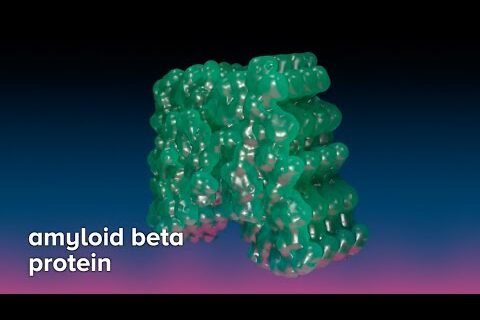
CUTTING-EDGE VIDEO + ARTICLE: See Dr. Anthony Fitzpatrick use world-class cryo-electron microscopes to reveal molecular secrets leading to a cure for Alzheimer’s.
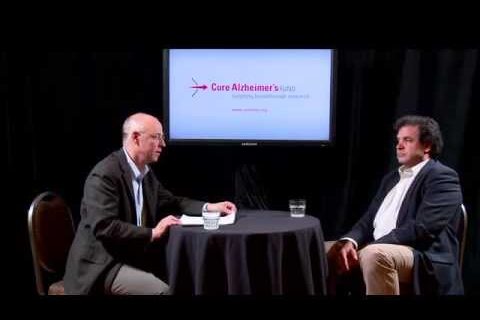
GENETICS & LIFESTYLE VIDEO: How do family history and genetics affect a healthy person’s risk of Alzheimer’s? Watch Harvard’s Top Alzheimer’s researcher, Dr. Rudy Tanzi, offer down-to-Earth insights.

Rosemary & sage extracts inspire a potential anti-inflammatory drug for Alzheimer’s. Scripps Research created a stable form of carnosic acid, improving memory in the lab.
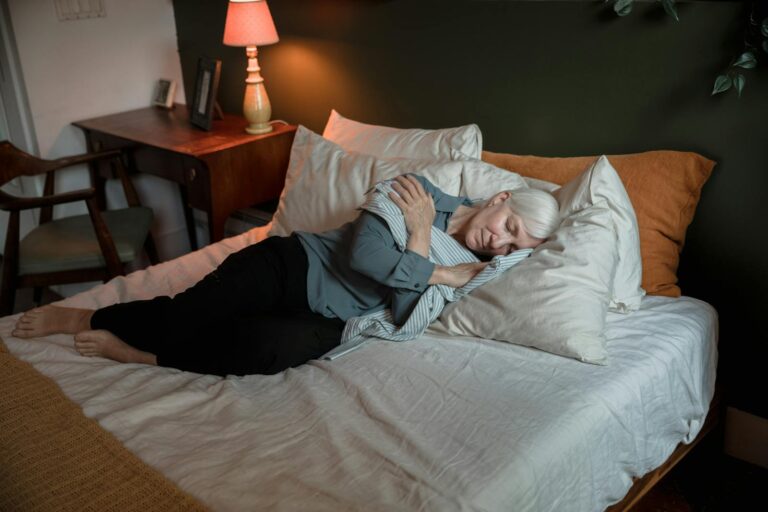
VIDEO+ARTICLE: Depth of sleep impacts our brain’s ability to wash away waste and toxic proteins. Sleep becomes lighter and disrupted as we get older. A new study reveals intriguing links between aging, sleep deprivation, and Alzheimer’s risk.
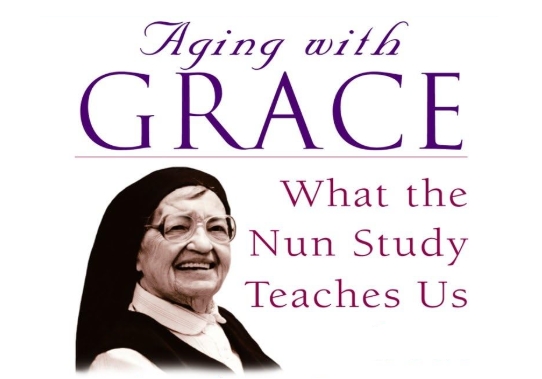
Read this 2025 update on “The Nun Study,” analyzing more than 30 years of aging and dementia patterns of 678 nuns from the School Sisters of Notre Dame. Then watch 2 videos that take you inside.
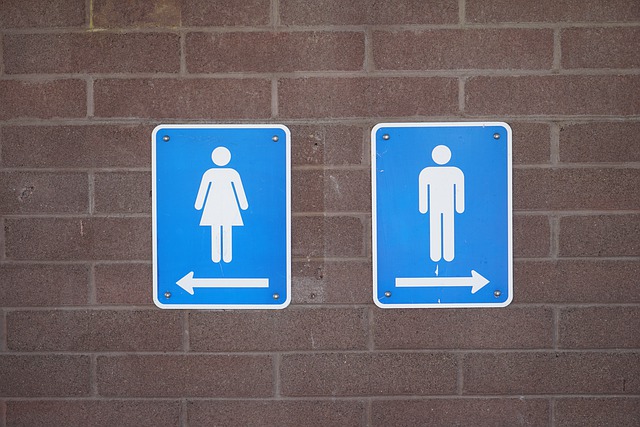
Dementia’s cholinesterase inhibitors can affect trips to the bathroom, according to researchers in Houston, Texas. Learn more if you take donepezil, rivastigmine or galantamine. (Brand names Adlarity, Aricept, Ebixa, Exelon, Namzaric, Razadyne)

A new analysis of the benefits of these Alzheimer’s treatments scores the days and ways patients succeed in living independently.
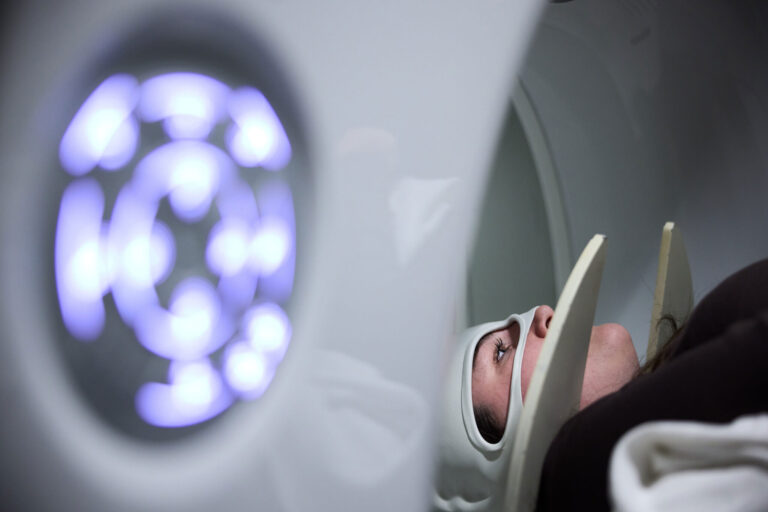
WashU Medicine-led trial evaluating investigational drug from Eli Lilly and Company aims to stop disease before symptoms arise

Lewy Body dementia is the 2nd most common form of dementia. See
experts at America’s top medical center, The Mayo Clinic, improving the lives of people who struggle with it.
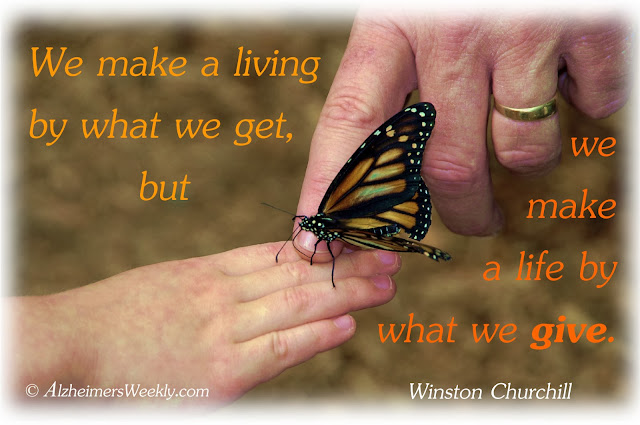
We make a living by what we get,But we make a life by what we give. (Winston Churchill)
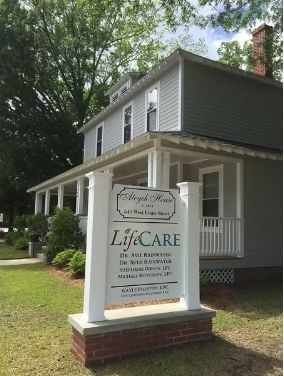
Clinical Psychology / Neuropsychology
LIFECARE PSYCHOLOGY GROUP, LLC

SHORT-TERM MEMORY lapses are obvious signs of Alzheimer’s, but other tell-tale signals begin to show much earlier. Learn how to look for semantic impairments, such as simple questions about size.

Three important dementia studies focus on HS-AGING, a type of dementia almost as common as Alzheimer’s in the 85+ group. Yet few people have heard of it. Why? What makes it different?

An intriguing study of 120 grandmothers might surprise you. Doctors know socially engaged people have better cognition and less dementia. But can a person get too much of a good thing? What’s the right balance?

Enjoy this great duet between a musician with dementia and his son. A triumph of spirit over Alzheimer’s! Sing-a-long if you like!
No spam, only news and updates.


